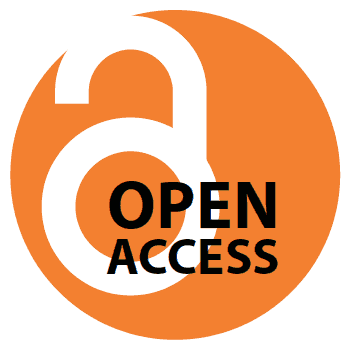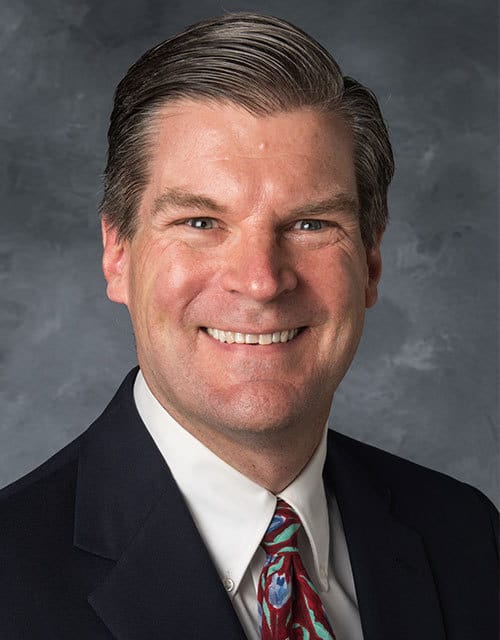During the month of Open Access week (October 22-28, 2018) we will be highlighting a number of guest posts from University of Iowa Faculty and Staff who have personal experience making their work Open Access. We appreciate their contributions. The fourth post is by Alex C. Essenmacher, MD, Diagnostic Radiology.
Tag Archives: Open Access Fund
Guest Post: Actualizing Unrestricted Knowledge Sharing for Collaborators, Partners, Allies, and Beneficiaries, Globally
During the month of Open Access week (October 22-28, 2018) we will be highlighting a number of guest posts from University of Iowa Faculty and Staff who have personal experience making their work Open Access. We appreciate their contributions. The first post is by Danielle Medgyesi, recent MS Graduate, Department of Occupational and Environmental Health
Guest Post: A new path for sharing your research
During the month of Open Access week (October 23-29, 2017) we will be highlighting a number of guest posts from University of Iowa Faculty and Staff who have personal experience making their work Open Access. We appreciate their contributions. The fourth post is by Thomas Gruca, Henry B. Tippie Research Professor of Marketing,
Guest Post: Open Access – The sound way forward
During the month of Open Access week (October 23-29, 2017) we will be highlighting a number of guest posts from University of Iowa Faculty and Staff who have personal experience making their work Open Access. We appreciate their contributions. The third post is by Padmini Srinivasan, Professor, Computer Science.
Guest Post: Opening doors through open access
During the month of Open Access week (October 23-29, 2017) we will be highlighting a number of guest posts from University of Iowa Faculty and Staff who have personal experience making their work Open Access. We appreciate their contributions. The second guest post is by Carrie Figdor, Associate Professor, Department of Philosophy and Interdisciplinary Graduate Program in Neuroscience, DirectorContinue reading “Guest Post: Opening doors through open access”
Guest Post: Leonardo Marchini on Open Access
During the month of Open Access week (October 24-30, 2016) we will be highlighting a number of guest posts from University of Iowa Faculty and Staff who have personal experience making their work Open Access. We appreciate their contributions. The third guest post is by Leonardo Marchini, DDS, MSD, PhD, Assistant Professor, Department of Preventative andContinue reading “Guest Post: Leonardo Marchini on Open Access”
Guest Post: Open access journals, a valuable resource for researchers
During the month of Open Access week (October 24-30, 2016) we will be highlighting a number of guest posts from University of Iowa Faculty and Staff who have personal experience making their work Open Access. We appreciate their contributions. The second guest post is by Jose Pablo Leone, MD, Clinical Assistant Professor in the DivisionContinue reading “Guest Post: Open access journals, a valuable resource for researchers”
Guest Post: Open
During the month of Open Access week (October 24-30, 2016) we will be highlighting a number of guest posts from University of Iowa Faculty and Staff who have personal experience making their work Open Access. We appreciate their contributions. The first guest post is by Chioma M. Okeoma, Ph.D, Assistant Professor of Microbiology. See herContinue reading “Guest Post: Open”
Guest Post: Expectations Exceeded – My Experience With The Open Access Fund
During the month of Open Access week (October 19-25) we will be highlighting a number of guest posts from University of Iowa Faculty and Staff who have personal experience with Open Access. We appreciate their contributions. The fifth guest post is by Matthew Uhlman, Urology Resident, University of Iowa Hospitals and Clinics. Expectations Exceeded –Continue reading “Guest Post: Expectations Exceeded – My Experience With The Open Access Fund”



